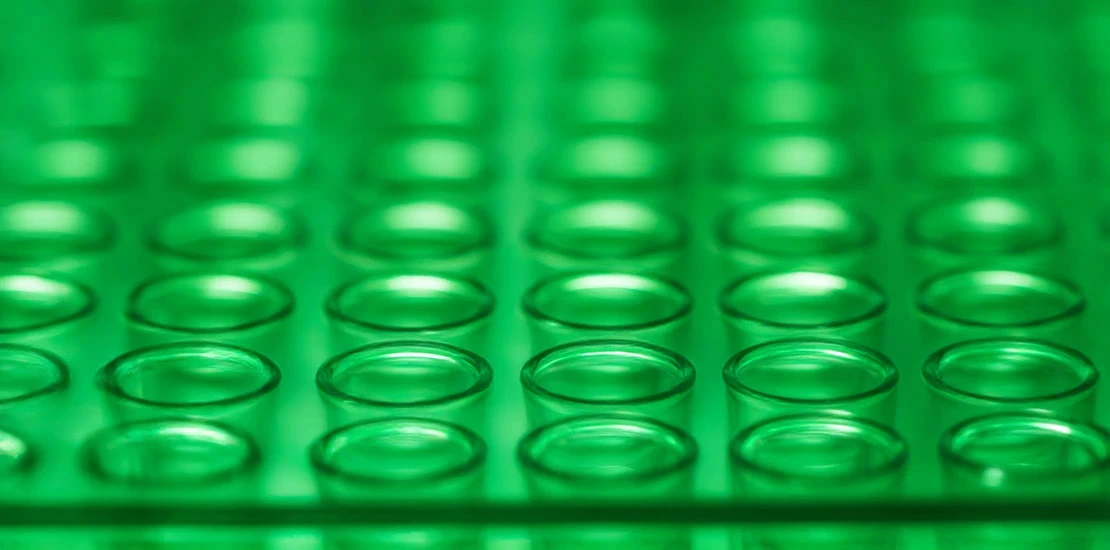How Contamination Risks Your Biopharma Reputation
In biopharmaceutical manufacturing, reputation is everything - and even minor contamination can trigger product recalls, regulatory audits, and lasting brand damage.

In biopharmaceutical manufacturing, reputation is everything - and even minor contamination can trigger product recalls, regulatory audits, and lasting brand damage.
Biotech and pharmaceutical companies are responsible for the development and manufacture of products that can have a profound impact on human health. The consequences of contamination or non-compliance with regulatory standards can be severe, both for the company and for public health. One of the most significant consequences of contamination or non-compliance is damage to the company's reputation. In today's global marketplace, a company's reputation is its most valuable asset, and a tarnished reputation can have long-term negative effects. News of contamination or regulatory non-compliance can spread quickly, and negative perceptions can be difficult to reverse. This can result in reduced demand for the company's products, loss of revenue, and decreased market share.
Managing Reputational Damage in the Bio Pharma Space
Legal and Regulatory Consequences of Contamination in Pharmaceuticals
Moreover, negative publicity can lead to legal action and regulatory sanctions. If a company's product is contaminated, the company may face product recalls, which can be expensive and damaging to reputation. In addition, regulatory agencies may impose fines and penalties, which can be substantial. These sanctions can harm the company's bottom line and may make it difficult for the company to obtain regulatory approval for future products.
Impact on Public Health: The Stakes of Contaminated Products
Furthermore, contamination or non-compliance can have a significant impact on public health. If contaminated products are released to the public, they can cause harm and potentially even result in fatalities. This can lead to lawsuits and damage the company's reputation further. Even if no harm is caused, the perception of risk can lead to a loss of confidence in the company's products, resulting in reduced demand and market share.

The Imperative of Robust Quality Control and Regulatory Compliance
To avoid these consequences, biotech and pharmaceutical companies must invest in robust quality control and regulatory compliance programs. These programs must be designed to ensure that products are manufactured to the highest standards and that all regulatory requirements are met. Companies must also be transparent about their processes and product quality, proactively addressing any concerns or issues that arise.
Mitigating Risks: A Call for Transparency and Accountability in the Pharmaceutical Industry
In conclusion, contamination or non-compliance with regulatory standards can have severe consequences for biotech and pharmaceutical companies. These consequences can include damage to reputation, legal action, regulatory sanctions, and harm to public health. To mitigate these risks, companies must invest in robust quality control and regulatory compliance programs and be transparent about their processes and product quality.